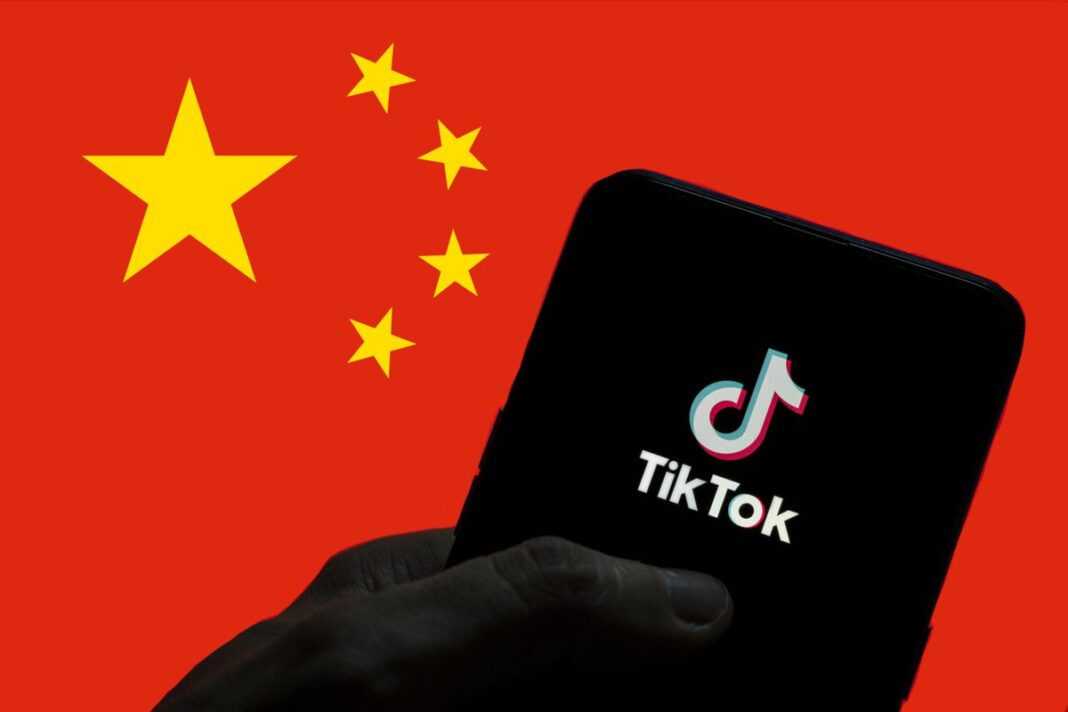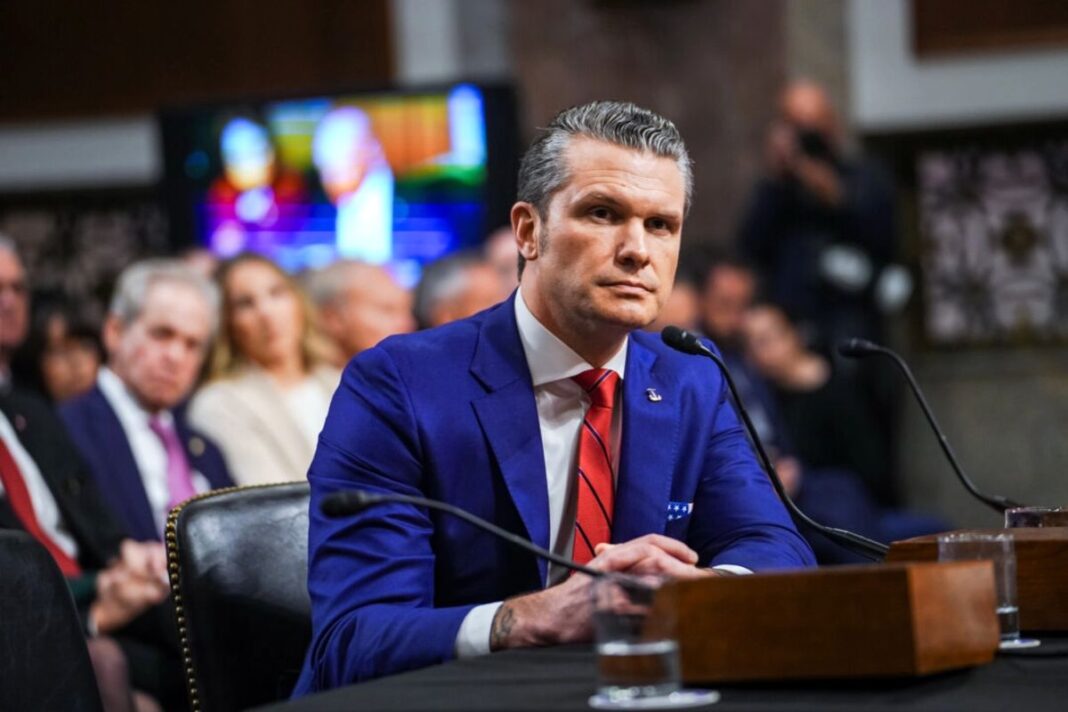TikTok should be banned, as should all other CCP-controlled media in the United States.
Millions of TikTokers are biting their well-polished nails, wondering whether President Donald Trump will really be able to work a deal so they can maintain access to the app. They do not seem to care much about TikTok being controlled by ByteDance, a company based in communist China.
TikTok lost its supposedly final legal defense on Jan. 17 when the U.S. Supreme Court upheld a law requiring ByteDance to sell TikTok or see it banned. Jan. 19 was the deadline, after which app stores like Google and Apple were forbidden from allowing new TikTok downloads or updates for 170 million TikTokers in the United States. Failure to do so could result in a fine of $5,000 per download levied against the app stores. The plan is that, over time, the app would become buggy. As TikTokers upgrade to new phones, they will not be able to bring their addiction with them.
But then-President Joe Biden declined to enforce the law on his final full day in office. TikTok preempted the long slide into digital extinction by preemptively going dark except for mentioning that perhaps Trump would work a deal to save the app. That woke up its users and put the spotlight and tremendous political pressure on the president-elect. He then said he would try to save the app by giving it an extension to sell itself to a U.S. purchaser, which he said could, in part, be the U.S. government. He did not mention whether the all-important algorithm, which is how Beijing influences Americans, would come under the control of the United States. TikTok then turned the app back on and engineered a thank you for Trump directly into the app that all users would see.
All of this drama one day before Trump’s inauguration could be considered the exact kind of political manipulation that the law tried to stop. On Inauguration Day, Trump used an executive order to give TikTok a 75-day extension after suggesting a 50 percent U.S. stake in the company. However, Sen. Kevin Cramer (R-N.D.) brought up the balance of power between the U.S. government branches and questioned whether an executive order could hold legal weight against a law made in Congress, signed by Biden, and upheld by the Supreme Court. Sen. Tom Cotton (R-Ark) addressed the big tech companies directly on social media, saying they need to comply with the law or be hit with “ruinous” fines.
By Anders Corr








